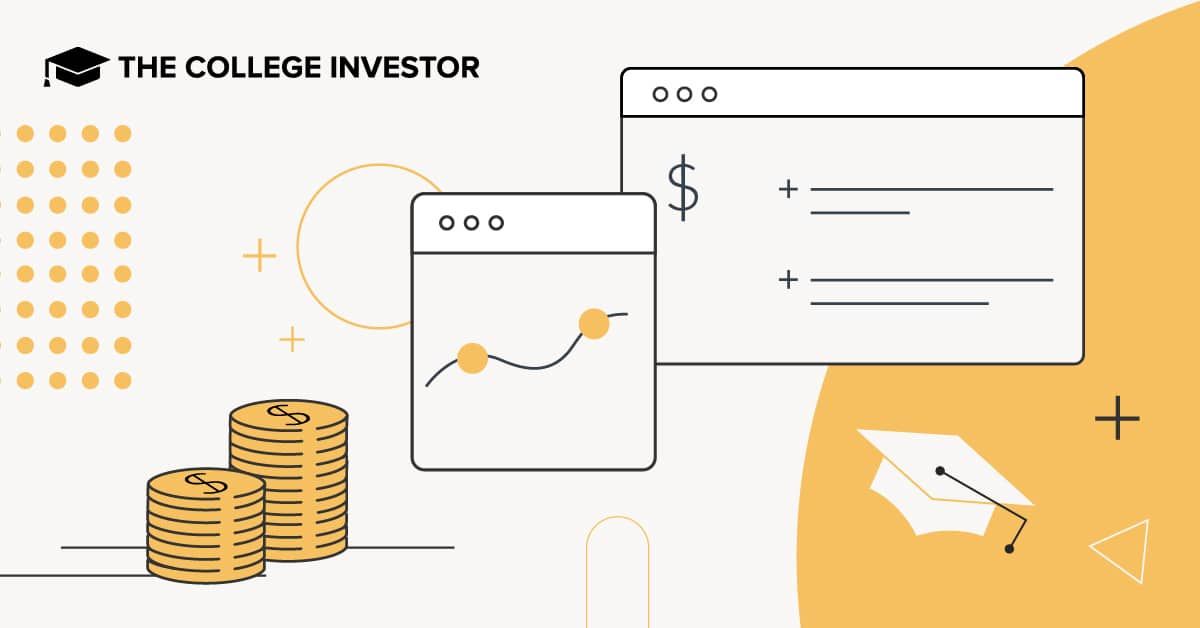Loan Balance
Definition
A loan balance is the remaining amount of money owed on a loan, excluding future interest and fees.
Detailed Explanation
In the context of student loans, the loan balance represents the total outstanding amount that the borrower still needs to repay. This figure includes the original amount borrowed (principal), along with any accrued interest and fees that have not yet been paid. Over the life of the loan, the balance fluctuates based on repayment activities, interest accumulation, and any capitalization of unpaid interest (where unpaid interest is added to the principal balance).
As borrowers make payments, a portion is typically applied to interest and fees first, with the remainder reducing the principal balance. Consequently, the speed at which the loan balance decreases depends on the payment amount, frequency, and the loan's interest rate. Understanding the current loan balance helps borrowers to manage their debts effectively, plan for future payments, and evaluate the impact of different repayment strategies, such as making extra payments or pursuing student loan forgiveness programs.
Example
Suppose a student takes out a loan of $20,000 with an annual interest rate of 5%. If, after one year, the student has made payments totaling $2,000, but $1,000 has accrued in interest, the new loan balance would be $19,000 ($20,000 original balance + $1,000 interest - $2,000 payments).
Key Articles Related To Loan Balance
Related Terms
- Principal: The original sum of money borrowed in a loan, excluding interest and fees.
- Interest Rate: the percentage of the loan amount that lenders charge as a cost for borrowing.
- Capitalization: The addition of unpaid interest to the principal balance of a loan, increasing the total repayment amount.
- Amortization: The process of paying off a debt, such as a student loan, over a specific period of time through regular payments.
FAQs
How is the loan balance calculated?
The loan balance is calculated by adding any unpaid interest and fees to the principal amount borrowed, then subtracting any payments made toward the loan.
Does the loan balance include future interest?
No, the loan balance does not include future interest; it only reflects the amount currently owed, including accrued interest and principal.
How can I reduce my loan balance more quickly?
Making payments larger than the minimum required, more frequent payments, or targeting payments towards the principal can help reduce the loan balance more quickly.
What happens to my loan balance if I defer payments?
During deferment, interest may continue to accrue, increasing the loan balance if the accrued interest is capitalized at the end of the deferment period.
Editor: Colin Graves
